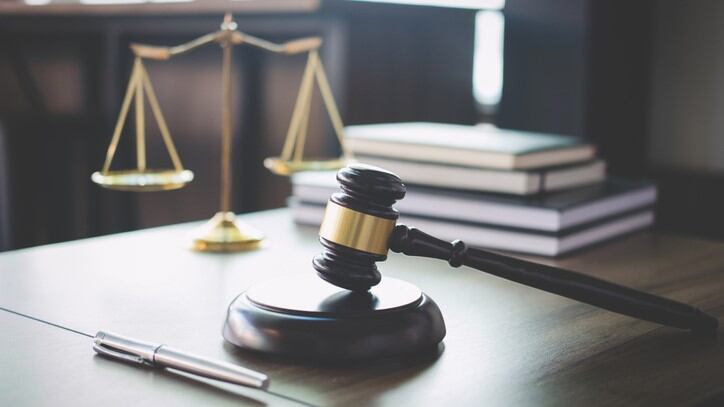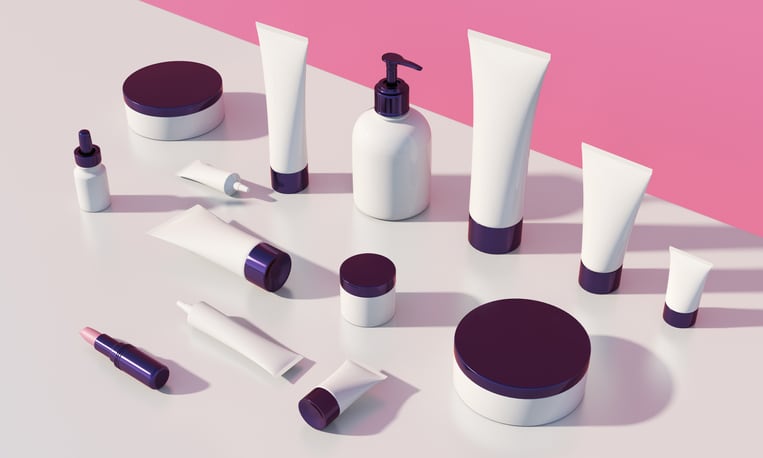The document as published last week after delays caused by the novel coronavirus crisis in China.
Previously, the China State Council formalised the highly anticipated draft during an executive meeting on January 3.
The final version was expected to be published after the Chinese New Year holiday period – the same time the Chinese government was scrambling to contain the COVID-19 outbreak.
CSAR will replace the outdated Cosmetics Hygiene Supervision Regulations (CHSR) which was implemented in 1990 and has been a major hurdle to progress and innovation in the industry.
With the new regulations, the biggest changes will affect ingredient management, safety assessment, efficacy claims.
“The move aims to ensure the quality and safety of cosmetics, safeguard the health of consumers, and keep the [cosmetic] industry on a sound growth trajectory,” the China State Council said in a statement.
Key points to note
When the new regulations come into effect, cosmetic manufacturers will be expected to take full responsibility for any efficacy claims.
Any claims must be backed by sufficient scientific basis and manufacturers are obligated to publish the relevant data on the NMPA’s website for public consumption.
The new laws also seek to reinforce the responsibility of cosmetic companies, noting that registrants and filers must declare responsibility for the quality, safety and efficacy of cosmetics.
“Cosmetics producers and business operators shall engage in production and business activities in accordance with laws, regulations, compulsory national standards, and technical regulations, strengthen management, exercise integrity and self-discipline, and ensure the quality and safety of cosmetics.”
Another important change to note is the change in cosmetic classification into special use cosmetics and general cosmetics.
Previously, cosmetics were categorised as special use cosmetics and non-special use cosmetics respectively.
Special use cosmetics include products such as sun protection, skin brightening, anti-hair loss, hair dyes and hair perms.
According to the final draft, the scope of the cosmetics category has been extended to include oral care products such as toothpaste as general cosmetics.
As such, companies must provide adequate data to the authorities in order to make claims such as cavity prevention, plaque inhibition, gum health improvement and resistance to dental sensitivity.
Additionally, the article noted that this regulation would not apply to soap.
Moving forward, cosmetic ingredients will be regulated based on their risk, said the NMPA.
Ingredients considered high risk will have to register with NMPA and obtain approval, while the management of ingredients with low risk will be subjected to filing management.
This would require enterprises to declare ingredients, prepare materials and conduct risk monitoring themselves.
Before the registration and filing of new cosmetic raw materials and cosmetics, the registration applicant and the filing party must carry out safety assessments either by themselves or by a professional agency.
Those involved should have professional knowledge related to cosmetics quality and safety and have more than five years of relevant professional experience.





